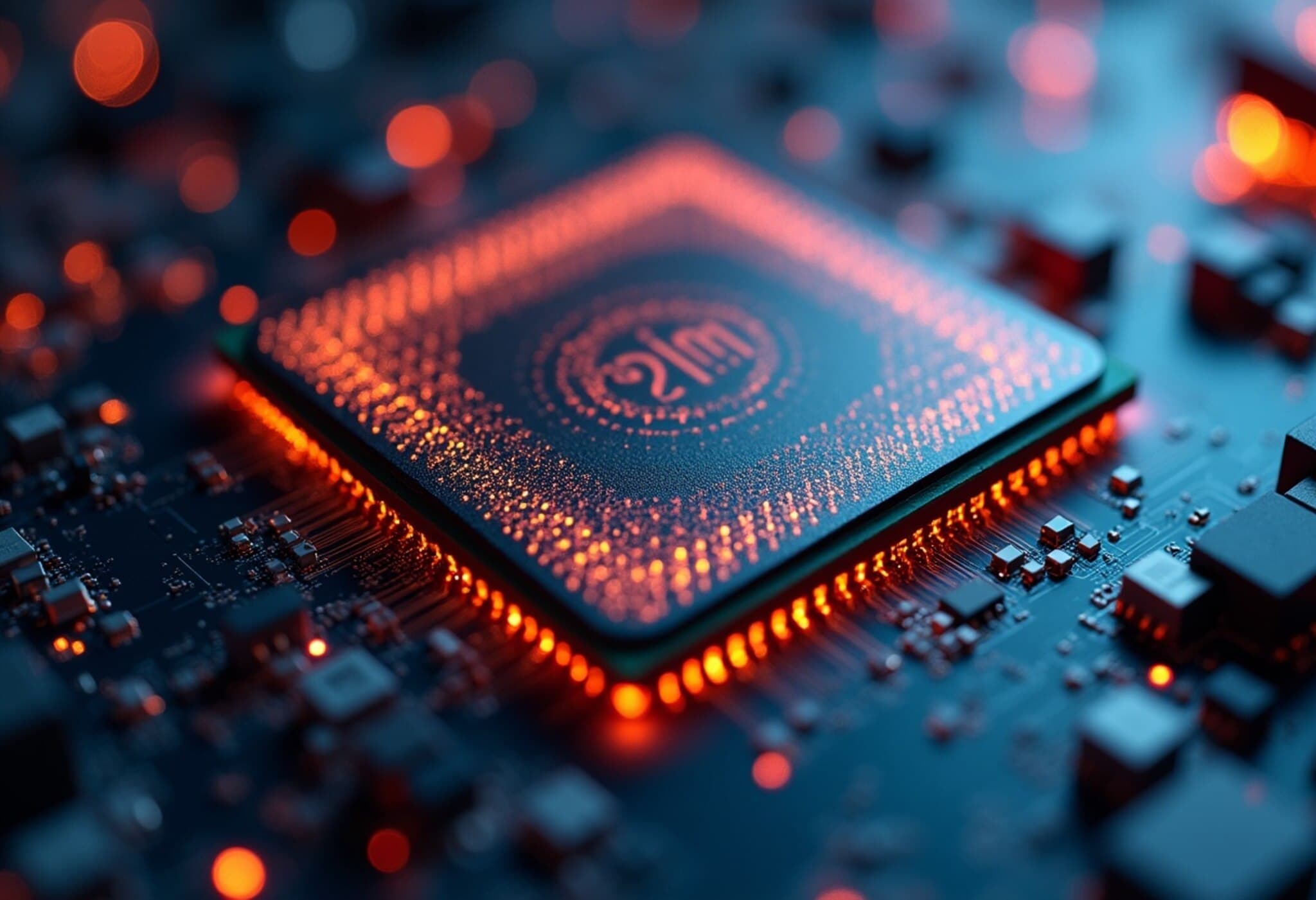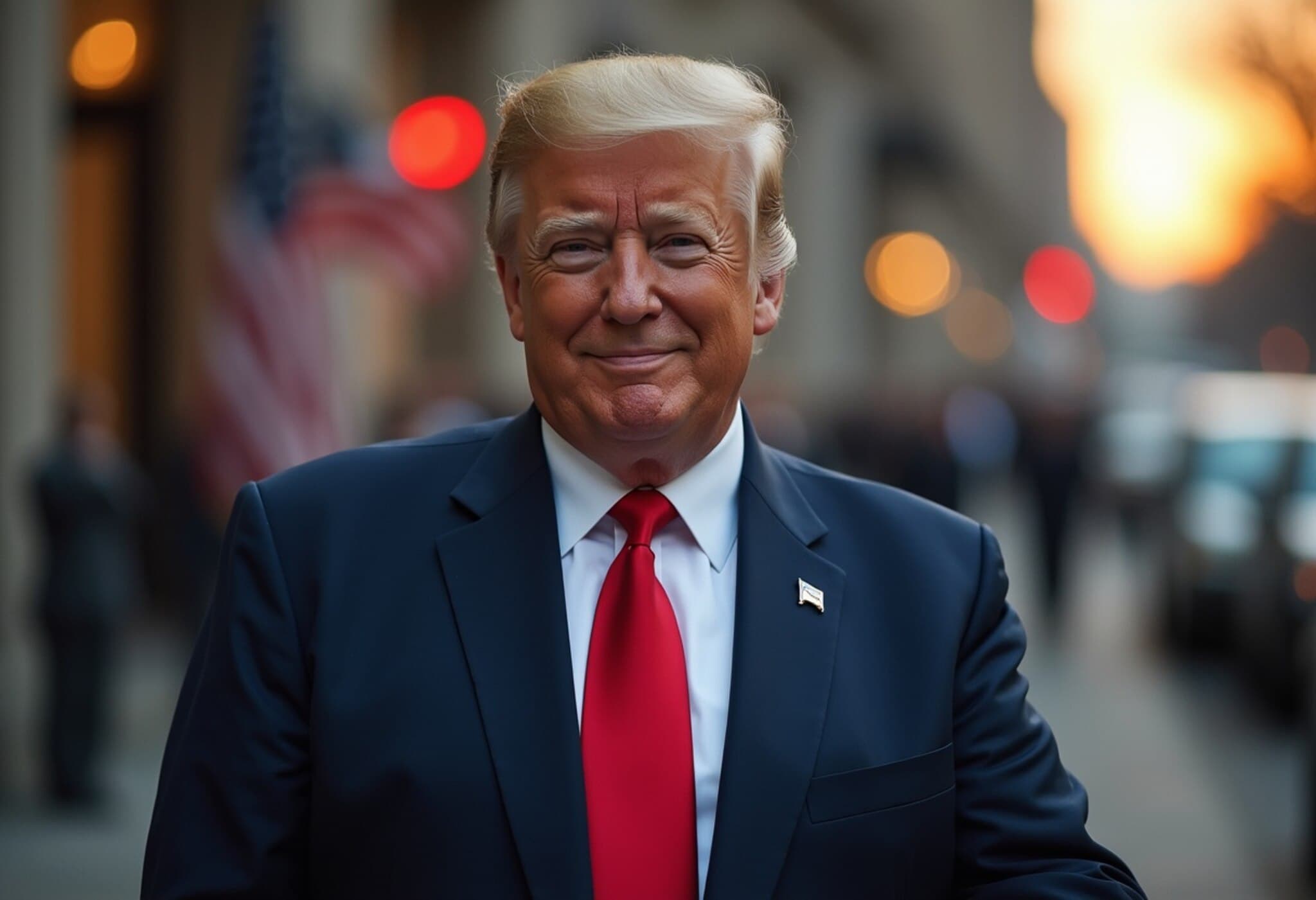Super Micro Faces Investor Backlash Amid Earnings Disappointment
Shares of Super Micro Computer Inc. suffered a sharp 20% decline on Wednesday following the company’s release of fiscal fourth-quarter earnings that fell short of Wall Street expectations. The server hardware manufacturer’s results highlighted ongoing challenges, including the disruptive impact of U.S. tariffs and a cooling demand for AI-focused servers that had previously fueled its growth.
Tumultuous Quarter: Earnings and Guidance Miss Estimates
Super Micro reported adjusted earnings per share (EPS) of 41 cents for the quarter, slightly below the anticipated 44 cents. Revenue totaled $5.76 billion, missing the forecast of $5.89 billion. This shortfall was attributed to several operational hurdles, including a revenue dip in June caused by limited working capital and significant specification changes from a key new customer, according to CEO Charles Liang.
The company’s forward-looking guidance also disappointed investors. For the fiscal first quarter, Super Micro projects adjusted EPS between 40 to 52 cents and revenue in a range of $6 billion to $7 billion. In contrast, Wall Street analysts had expected an EPS of 59 cents and $6.6 billion in revenue. The full-year revenue forecast was adjusted downwards to no less than $33 billion, compared to an ambitious forecast of up to $40 billion made in February, though still above the consensus estimate of approximately $29.94 billion.
Tariff Pressures Weigh on Profitability
CEO Charles Liang acknowledged the ongoing difficulties linked to tariffs imposed during the Trump administration. "We have taken measures to mitigate the tariff impact," Liang explained during the investor call, but emphasized the unpredictability in the current trade environment. CFO David Weigand echoed this sentiment, noting, "The situation is dynamic, and we are closely monitoring developments. While new information is expected next week, our approach remains reactive, much like other businesses affected by these policies."
These comments underscore the broader uncertainty many technology manufacturers face amid shifting U.S.-China trade relations, regulatory complexity, and global supply chain disruptions.
Slowing Momentum in AI Server Market
Super Micro has been a notable beneficiary of rising demand for servers tailored to artificial intelligence workloads, particularly those densely packed with high-performance chips designed for machine learning tasks. However, recent results suggest this growth wave is losing steam, raising questions about the sustainability of AI-related hardware demand amid a more cautious enterprise spending atmosphere.
Industry experts highlight that the sector's cyclical nature, combined with evolving customer requirements and supply chain constraints, may pressurize vendors like Super Micro going forward. The company’s difficulty adapting quickly to specification changes from major clients also signals the complex dynamics at play.
Expert Insights: What This Means for Super Micro and Investors
From an investment perspective, the steep stock decline reflects growing skepticism about Super Micro’s ability to navigate tariff complexities and capitalize on AI-driven demand. Market watchers are questioning whether the company’s current strategies to mitigate tariff pressures will be sufficient.
Moreover, the revised revenue guidance points to a more cautious and uncertain outlook compared to earlier optimism. This scenario serves as a case study in how geopolitical factors and supply chain resilience increasingly influence the technology hardware sector’s performance.
Policy analysts contend that ongoing tariff negotiations bear significant implications beyond Super Micro, affecting broader U.S. manufacturing competitiveness and global supply chain configurations. Businesses are being forced to adapt rapidly or face eroding margins, underlining the vital role of clear, stable trade policies for corporate planning.
Looking Ahead: Challenges and Strategic Considerations
- Supply chain agility: Super Micro needs to enhance its ability to respond to sudden specification changes and capital constraints more swiftly.
- Tariff strategy: The company’s success hinges partly on how effectively it can navigate tariffs amid an evolving trade policy environment.
- AI server demand: Sustaining growth requires capturing the next wave of AI infrastructure needs, possibly by diversifying product offerings and investing in innovation.
Investors and industry stakeholders will be watching closely how Super Micro adapts in the coming quarters, as its trajectory could signal broader trends for tech hardware providers in a geopolitically complex era.
Editor’s Note
Super Micro’s recent earnings performance reveals the intricate interplay between global trade tensions, evolving technology demand, and operational agility. While AI servers remain a growth avenue, external pressures like tariffs and customer-driven specification changes pose real challenges. This situation invites reflection on how U.S. trade policies affect domestic technology suppliers and what strategic pivots companies must undertake to thrive. Will Super Micro’s mitigation efforts be enough to weather the storm? The coming months will provide critical clues.













